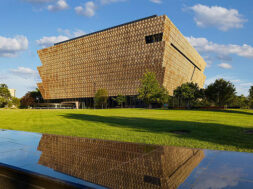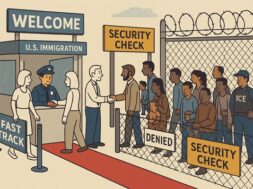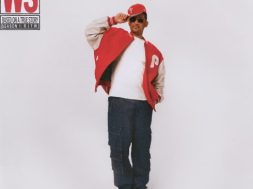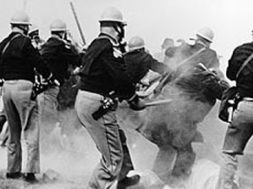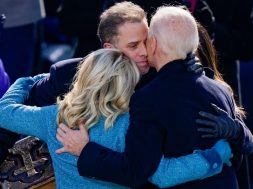
 National Urban League president and CEO Marc H. Morial today asked Nike to abandon plans to release a $315 basketball shoe, and implored parents not to spend scarce resources on an empty status symbol.
National Urban League president and CEO Marc H. Morial today asked Nike to abandon plans to release a $315 basketball shoe, and implored parents not to spend scarce resources on an empty status symbol.
“To release such an outrageously overpriced product while the nation is struggling to overcome an unemployment crisis is insensitive at best,” Morial said. “It represents twisted priorities and confused values.” Invoking Nike’s advertising slogan, Morial urged parents and the company, “Just don’t do it.”
Nike expects to debut its most expensive shoe ever, the LeBron X Nike Plus, this fall.
“Parents struggle to give their children every advantage, and while expensive shoes might draw admiration, achievement is the advantage that truly matters,” Morial said. “Those dollars would better be spent on computers, books and school supplies.”
While Morial called the expensive sneakers “a nicety,” he said ultimately the product launch was ill-advised. He noted that Nike advertised heavily during the 2012 Olympics, promoting a message of personal achievement and self-esteem.
“I don’t think these sneakers represent the values that Nike has tried to project,” he said.
“The economic crisis has escalated violence and crime in many urban communities,” Morial said. “Tragically, overpriced sneakers have become a false symbol of status, often sparking violence.
“I ask Nike – and the parents whose children are targeted in this misdirected campaign – to join us in our efforts to empower young people to value their own talents – athletic and otherwise – above material tokens and work together for broader access to the economic mainstream.”
The National Urban League is a historic civil rights organization dedicated to economic empowerment in order to elevate the standard of living in historically underserved urban communities. Founded in 1910 and headquartered in New York City, the National Urban League spearheads the efforts of its local affiliates through the development of programs, public policy research and advocacy. Today, there are nearly 100 local affiliates in 36 states and the District of Columbia, providing direct services that impact and improve the lives of more than 2 million people nationwide.



